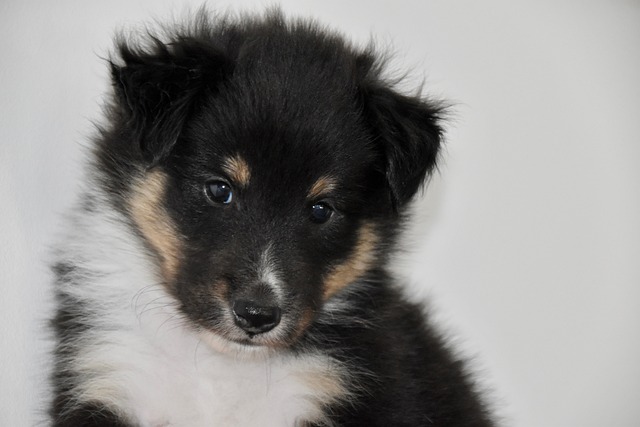
At what age can a dog be trained to urinate and defecate at a fixed spot?
New puppy owners often stare at their tiny, wiggly companions and wonder when the chaos of accidents on the rug will end.
Watching your dog’s nose work overtime on a walk—sniffing every fire hydrant and blade of grass—is a clear sign of a powerful natural instinct. Channeling that instinct into structured scent work is one of the most rewarding activities you can do with your dog. It’s more than just a game; it’s a fantastic way to provide mental stimulation, build confidence, and strengthen your bond. For dogs living in apartments with limited space, it’s an especially valuable outlet that tires them out mentally as much as a long run would physically. The best part? You don’t need a fancy setup to start; a few treats and some household items are all it takes to begin unlocking your dog’s incredible olfactory abilities.
The science behind this is that a dog's sense of smell is their primary way of interpreting the world. Their brain is hardwired for scent detection, making the activity inherently rewarding. The key to training is to harness this natural drive using positive reinforcement. This means we reward the dog for performing the desired behavior—in this case, finding a specific scent—which makes them want to repeat it. This force-free method is the modern standard in dog training across the U.S. and aligns with animal welfare principles that firmly discourage any form of punitive or aversive training, ensuring the experience is fun and builds trust for both of you.
Start simple to build a strong foundation. Begin with a familiar, high-value treat in a quiet room. Have your dog stay or let a family member hold their collar while they watch you "hide" the treat under a cardboard box or plastic cup a few feet away. Use an excited, encouraging voice to release them with a cue like "Find it!" The moment they nudge or indicate the correct container, celebrate enthusiastically and let them get the reward. Keep sessions short, about five minutes, to keep it fun and end on a high note. As they master this, gradually increase the difficulty by hiding the treat in another room, using more containers, or even introducing a specific target scent like a drop of birch essential oil on a cotton swab inside a vented container.
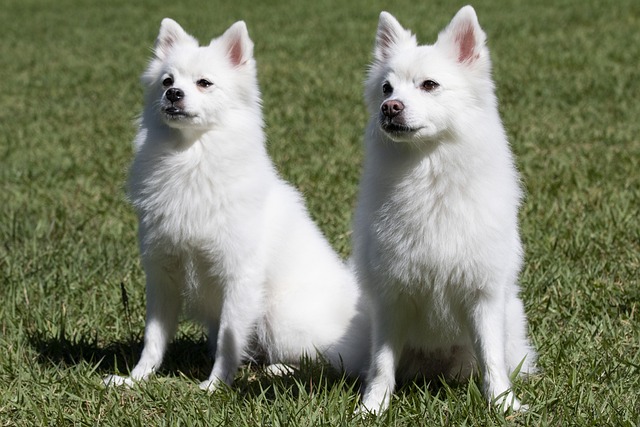
This mindful engagement has a wonderful side effect: a mentally tired dog is often a well-behaved community member. A dog that has had its natural instincts satisfied through scent work is typically more relaxed and less likely to exhibit nuisance behaviors like excessive barking in your apartment building. It also makes them more focused and responsive to you during walks, which is where your community responsibilities come into play. Always carry waste bags and clean up immediately—this is not just common courtesy but a legal requirement in most American cities and towns. Furthermore, before engaging in any public group classes or activities, ensure your dog’s rabies vaccination and other core vaccines are up-to-date. This is a non-negotiable aspect of responsible pet ownership that protects everyone. By combining the mental workout of scent work with conscientious public behavior, you’re not just training your dog; you’re nurturing a happier, more fulfilled companion.

New puppy owners often stare at their tiny, wiggly companions and wonder when the chaos of accidents on the rug will end.
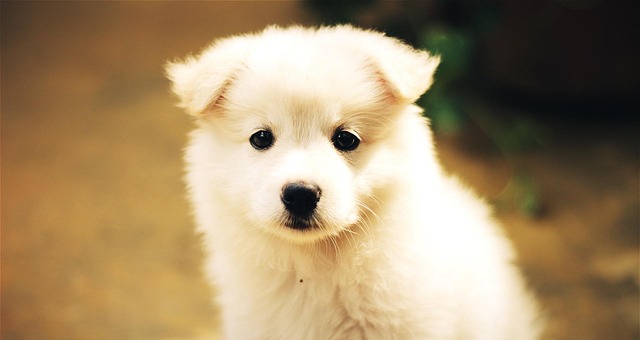
Most new pup parents have stared at a puddle on the kitchen floor and wished their dog could just say when they need to go.The good news?Dogs already give subtle cues—you just need to teach them to turn those cues into clear signals you'l notice.
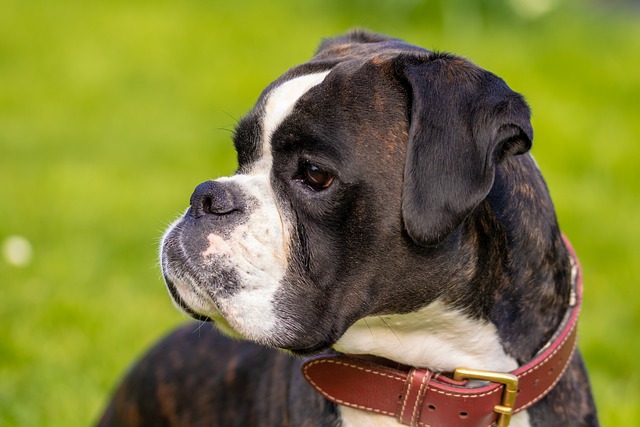
Watching your senior Cocker Spaniel sniff out a crumb under the kitchen table or your tiny Chihuahua alert to a neighbor’s barbecue a block away might make you wonder
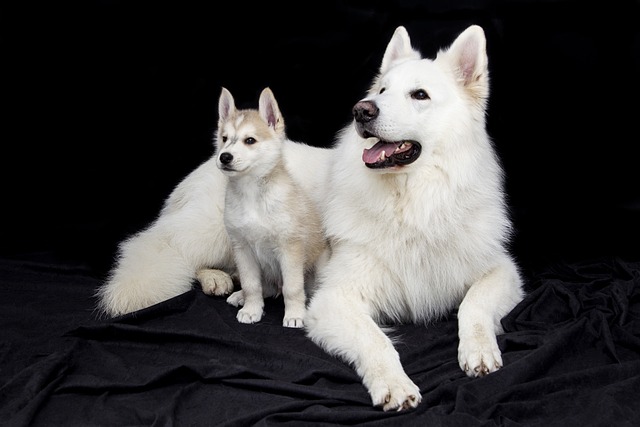
If you’ve just started introducing your dog to the fun world of scent games, the burning question is often: how long until they become a pro?
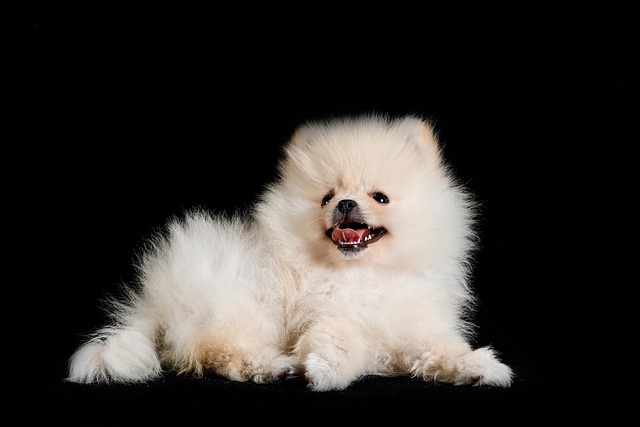
Pomeranians, with their tiny frames and big personalities, can be tricky to house train—their small bladders mean frequent trips outside, and their stubborn streak might make them test boundaries.
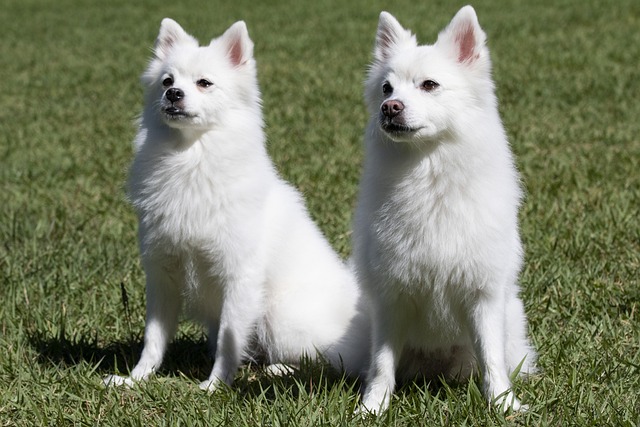
Watching your dog’s nose work overtime on a walk—sniffing every fire hydrant and blade of grass—is a clear sign of a powerful natural instinct.